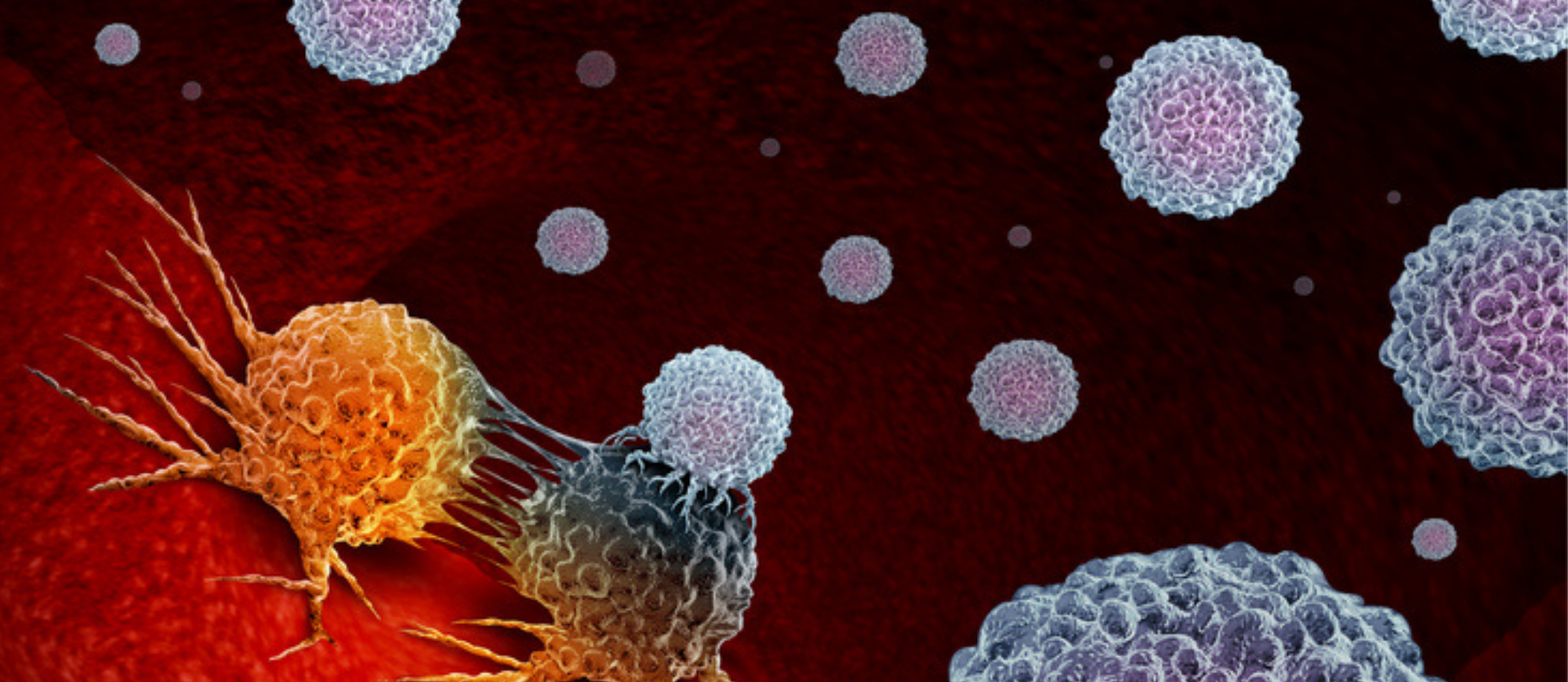Five new treatments approved for blood cancer by the FDA

In the last six weeks the U.S. Food and Drug Administration (FDA) has approved five additional treatments for blood cancer. The rate at which new treatments are being approved in the U.S. is incredibly encouraging. It demonstrates the progress researchers are making in finding new and novel ways to treat cancer. It is also frustrating as we await the Australian Therapeutic Goods Administration (TGA) and Medical Services Advisory Committee (MSAC) to catch up and approve these same treatments here in Australia.
Most recently the FDA has approved a new chimeric antigen receptor T-cell (CAR T) therapy, lisocabtagene maraleucel for the treatment of large B-cell lymphoma, including diffuse large B-cell lymphoma. This is the fourth CAR T-cell therapy to be approved in the U.S. Treatment with lisocabtagene maraleucel was very effective with 54% of patients achieving complete remission. Last July, the FDA approved CAR T-cell therapy brexucabtagene autoleucel for mantle cell lymphoma. This treatment is currently with Australia’s MSAC to determine if it will be approved for use. This is the first hurdle for a new treatment as approval for use does not necessarily mean it will be funded. In Australia, we currently have two CAR T-cell therapies available and funded, tisagenlecleucel is approved for acute lymphoblastic leukaemia and large B-cell lymphoma and axicabtagene ciloleucel is approved for large B-cell lymphoma. While CAR T-cell therapy is relatively new, some lymphoma patients are still in remission nine years after a single treatment!
A new treatment, umbralisib has been granted breakthrough therapy designation by the FDA for the treatment of marginal zone lymphoma that has returned or worsened following prior treatment. Umbralisib was also approved for follicular lymphoma patients who have failed 3 prior systemic therapies. Wonderful news for patients needing further treatment options.
In January this year, selinexor was approved by the FDA for the treatment of adults with multiple myeloma who have had at least one prior type of treatment. While selinexor has been available in the U.S. since 2019, it is still not approved in Australia.
Also in January 2021, crizotinib was approved by the FDA for children and young adults with a rare form of non-Hodgkin Lymphoma, ALK positive anaplastic large cell lymphoma (ALCL). Crizotinib is available in Australia but only for the treatment of small cell lung cancer at the present time.
While we await Australian approvals and funding, the only hope Australian blood cancer patients have of accessing these new treatments is via clinical trials or compassionate use.
We are reminded once again of the importance of research and how far we have come, but also the value of funding the researchers that run clinical trials to enable early access to breakthrough treatments.
